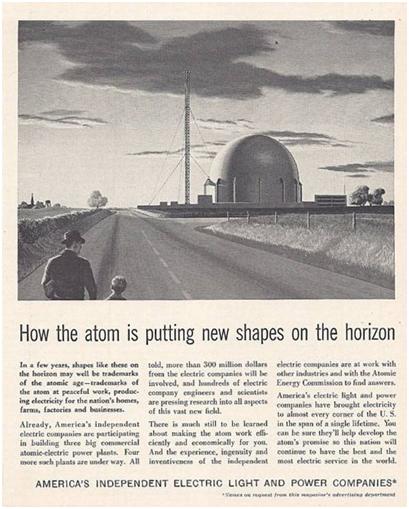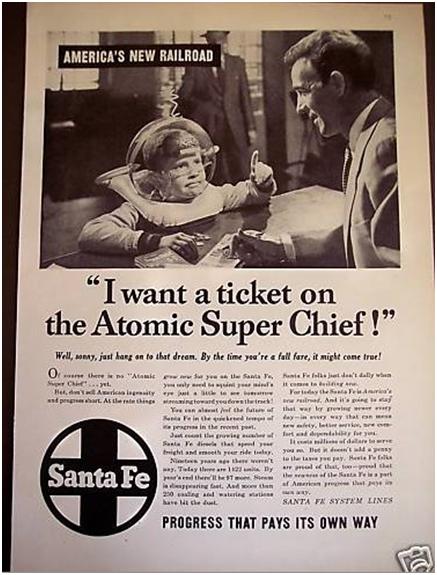Two different studies came to my attention dealing with people and pornography. (No, before you ask, the studies were not illustrated, and the pages didn’t stick together.) First up, Professors Martin Barker and Feona Attwood, and Dr Clarissa Smith tried to find out how individuals use porn:
The aim of this survey, available online at pornresearch.org, is to collect evidence around the everyday uses of pornography and find out how the people who use it feel it fits into their lives. Ultimately, the data may be used to challenge some of the assumptions now current in debate around the “sexualisation” of society.
Critics of the research have questioned whether such work is necessary, claiming that “everyone knows how porn is used”. Those behind the survey, Professors Martin Barker and Feona Attwood, and Dr Clarissa Smith, reader in sexual culture at the University of Sunderland, reckon that the real problem is that we don’t have the answers, and society is attempting to legislate in a vacuum.
While not denying the moral dimension of many of the questions, the researchers are concerned that the voices of users and enjoyers will be swamped by a prevailing critical assumption that the only issues worth considering are how problematic porn use is, or how it might affect children. The researchers believe that there can be many different and complicated reasons for looking at pornography and that not all the materials that go under that label are the same, only to be distinguished by how ‘extreme’ or ‘explicit’ they are.
Dr Smith told the Reg: “Although there is much speculation and plenty of academic work which insists on porn having demonstrable and problem ‘effects’ on users, I’ve been struck by how often researchers have told me there is no need for any empirical research on how and why porn is consumed.
You can imagine how studies like this would be resisted by other researchers who didn’t think of them first who might decry the work as being trivial and unnecessary.
On the other side of the Atlantic, researchers were more interested in the interaction between political events and the consumption of pornography:
Both Republicans and Democrats seek out internet porn to celebrate the victories of their candidates says a new study in the journal Computers in Human Behavior. The abstract from the article with the toe-curling social science title, “Pornography-seeking behaviors following midterm political elections in the United States: A replication of the challenge hypothesis” reports:
The current study examined a prediction derived from the challenge hypothesis; individuals who viciously win a competition of rank order will seek out pornography relatively more often than individuals who viciously lose a competition. By examining Google keyword searches during the 2006 and 2010 midterm elections in the United States, the relative popularity of various pornography keyword searches was computed for each state and the District of Columbia the week after each midterm election. Consistent with previous research examining presidential elections and the challenge hypothesis, individuals located in traditionally Republican states tended to search for pornography keywords relatively more often after the 2010 midterm election (a Republican victory) than after the 2006 midterm election (a Democratic victory). Conversely, individuals located in traditionally Democratic states tended to search for pornography relatively less often following the 2010 midterm election than they did following the 2006 midterm election.






